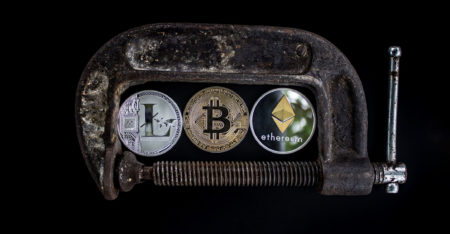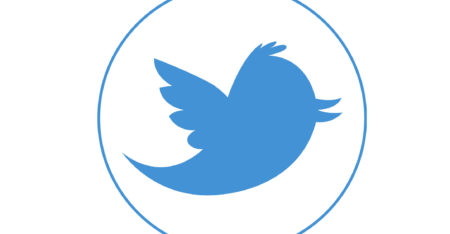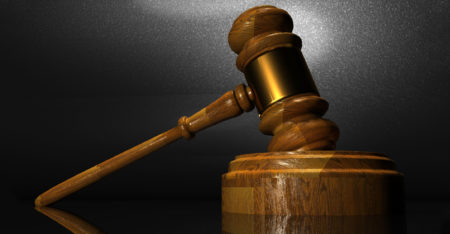As much as it pulls at our heartstrings, the SABC’s sad attempts to invoke “Living the legacy” as a slogan should not sway government from ruthlessly resetting its focus on more crucial projects.
Browsing: In-depth
Is it time to catch the global stock market’s biggest falling knife? For watchers of Tencent Holdings, whose largest shareholder is South Africa’s Naspers, it’s an increasingly pressing question.
Economist Nouriel Roubini, nicknamed Dr Doom for predicting the most recent global financial crisis, has crossed swords with cryptocurrency guru and ethereum founder Vitalik Buterin.
Investors enamoured of tech stocks that suddenly seem only to fall are searching for answers. The simplest may be that the group just isn’t that special anymore.
Meet the CEO is a regular feature on TechCentral. Our latest interview in the series is with Réan van Niekerk, CEO of Metacom.
The end of MTN’s free Twitter promotion may have led to a huge reduction in the volume of tweets by the users of that service, but it doesn’t seem to have had a significant effect on the volume of activity on the social network in South Africa.
More than a decade into the era of prevalent social networks and smartphones, people still have no way to make informed choices about how to safely conduct their lives online.
Telecommunications carriers have long grumbled that they spend a fortune building the world’s data networks only to watch the US technology giants reap most of the benefits. Now they fear Silicon Valley will take away their customers, too.
The supreme court of appeal ruled on Thursday that it is up to the social development department to consider drafting legislation that will protect social grant beneficiaries from predatory practices.
Early next year, the European Union’s highest court is expected to rule on one of the Internet’s most controversial topics: the right to be forgotten. The judges should curb their ambition.










